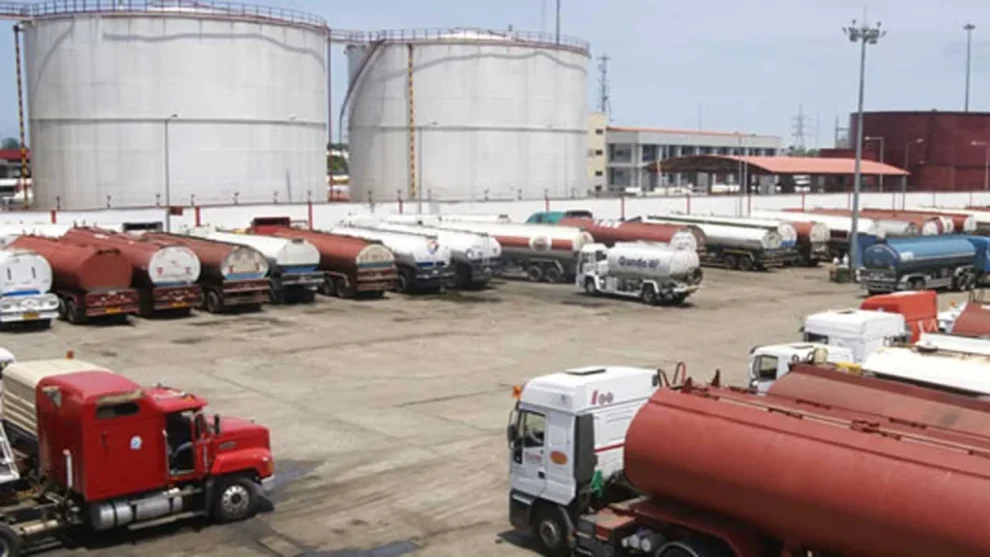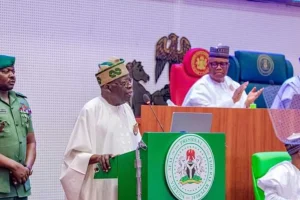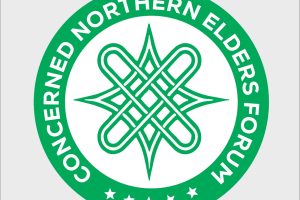LAGOS, NIGERIA – A new wave of competition has emerged in Nigeria’s petroleum market, with importers dropping petrol prices below those offered by the Dangote Petroleum Refinery. This development comes amidst a strong call from Alhaji Aliko Dangote, President of the Dangote Group, for the Nigerian Federal Government to ban fuel importation entirely.
Recent findings indicate that some filling stations are now selling petrol below ₦860 per litre (approximately $0.57 USD), while outlets partnering with Dangote, such as MRS and Heyden, are selling at ₦865 or ₦875 in Lagos and Ogun States. A filling station named SGR in Ogun State reportedly reduced its price to ₦847 per litre as of Tuesday. Marketers have confirmed that most importers have lowered their ex-depot petrol prices below that of the Dangote refinery.
As of Tuesday, the Dangote refinery was reportedly selling petrol at ₦820 per litre, while some depots offered the product at ₦815 per litre. Data from Petroleumprice.ng showed that companies like Aiteo and Menj also priced their products at ₦815 per litre.
Sources indicate that importers are actively engaging in competitive pricing to remain viable, having previously complained of losses when the 650,000-barrels-per-day capacity Dangote refinery began implementing consistent price cuts earlier this year.
Chinedu Ukadike, National Publicity Secretary of the Independent Petroleum Marketers Association of Nigeria (IPMAN), confirmed the ongoing downward price review by importers. “Depot owners are dropping their petrol prices. Some of them are selling ₦815, some are selling ₦817, while Dangote is selling ₦820. NNPC is still selling at ₦825; it has not dropped its prices yet,” Ukadike disclosed.
He described this as the “beauty of market liberalisation,” urging President Bola Tinubu not to heed calls for a fuel import ban. “Nobody should be stopped from bringing in petroleum products. That is the beauty of opening up the market. Implementation and local refining will checkmate unfair pricing.” Regarding claims of toxic and substandard imported fuels, Ukadike stated that the Nigerian Midstream and Downstream Petroleum Regulatory Authority (NMDPRA) is in place to ensure quality control.
The current situation sees importers directly challenging Dangote, who recently described their pricing tactics as “unfair competition.” Dangote argues that fuel importation is undermining local refining and discouraging further investments. He has urged African governments to emulate countries like the United States, Canada, and the European Union in protecting domestic producers from what he terms “dumping” of cheap, often substandard petroleum products, some allegedly blended with subsidised Russian crude oil. He asserted that the “Nigeria First” policy should apply to the petroleum products sector to prevent this “unlevel playing field.”
However, marketers and industry analysts maintain that a ban on fuel imports would be detrimental, potentially leading to monopolies and hindering price stability in the absence of sufficient domestic refining capacity from multiple sources.





Add Comment